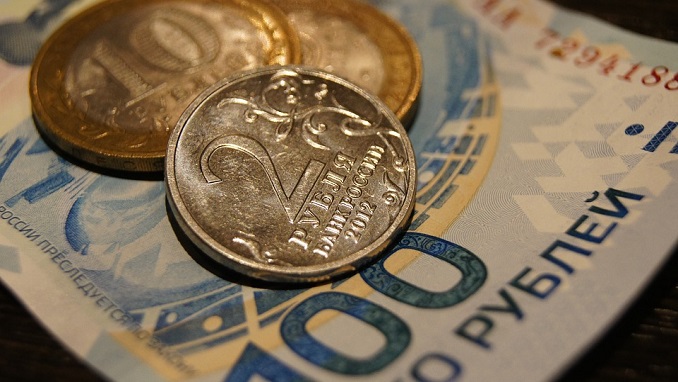The speaker of Russia’s Federation Council (the upper house of parliament), Valentina Matvienko, has said that rich Russians should not be discriminated against, RBC reports.
The senior official’s statement comes just weeks after Forbes published a ranking of the 100 wealthiest civil servants in Russia. Regional deputies, governors and federal executive and legislative officials collectively earned 71 billion rubles ($1.1 billion) in 2018, Forbes Russia said earlier this month. The business magazine used the incomes that the officials and their families had declared in its calculations.
“I think you’ll agree with me that society shouldn’t discriminate against well-off people,” Matvienko told reporters Thursday.
Addressing the dominance of regional deputies in the Forbes ranking, Matvienko maintained that “it’s not a mass phenomenon, not a mass grab of legislative bodies by the rich.” “You’re exaggerating the scale of the issue and thus fostering hatred toward rich people,” she said.
Matvienko noted that the rich get elected to office because “voters see them as successful people. They hope that they will be able to make the country and the citizens rich.”
The highest earner in the latest ranking was Pavel Antov, a member of the legislative assembly in the Vladimir region east of Moscow, with a windfall of 9.97 billion rubles ($156.3 million) last year.
He is followed by the Chelyabinsk region assemblyman Konstantin Strukov with 4.46 billion rubles ($70.4 million) and the Belgorod region assemblyman Sergei Gusev with 2.84 billion rubles ($44.8 million).
Kremlin spokesman Dmitry Peskov placed 69th with a personal income of 12.8 million rubles ($202,000), which swells to 231.4 million rubles ($3.65 million) when including his family’s declarations. Two cabinet officials and one deputy prime minister placed in the top 100.
The richest governor — head of the Bryansk region, Alexander Bogomaz — placed only 10th in the Forbes “Power and Money” ranking.












